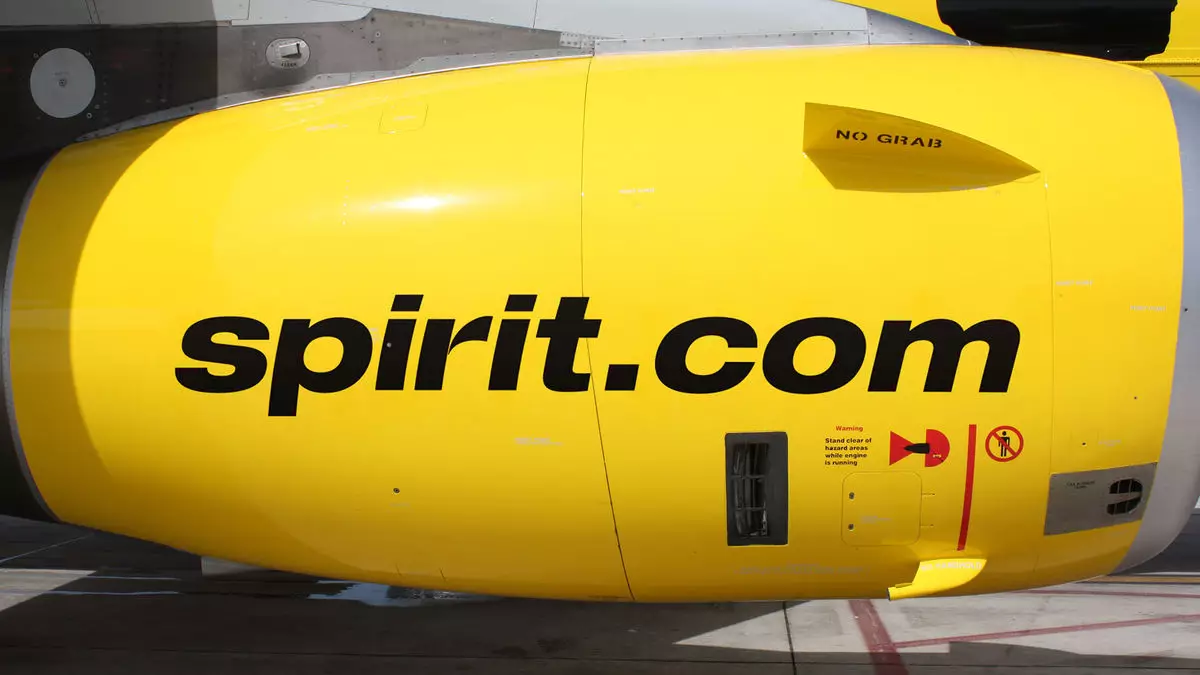In an intriguing turn of events in the airline industry, Spirit Airlines has once again turned down a purchase proposal from Frontier Airlines. This rejection is the latest chapter in a complex narrative that highlights the fierce competition and strategic maneuvering within the aviation sector. On February 4, Frontier put forth a proposal that closely resembled an earlier offer made on January 7. This proposal promises Spirit investors $400 million in new debt alongside an allocation of 19% of Frontier’s common equity. However, it notably omitted a crucial requirement for Spirit’s creditors to complete a $350 million equity investment, a stipulation integral to Spirit’s ongoing restructuring efforts as the company navigates its Chapter 11 status.
Amid the backdrop of these negotiations, Spirit Airlines believes that Frontier’s latest proposal does not provide adequate value compared to its existing reorganization plan. This belief is particularly poignant given their current financial struggles, further emphasizing the stakes involved for Spirit and its stakeholders. In a somewhat contentious exchange, Frontier rejected a counterproposal from Spirit without offering a new counteroffer, leading to a clear stalemate. This reaction underscores the challenging dynamics of merger discussions, where valuations and proposed perks can dramatically impact negotiations.
Frontier’s CEO, Barry Biffle, along with Chairman Bill Franke, communicated in a formal letter to Spirit’s CEO, Ted Christie, stating that the removal of the $350 million equity rights offering constituted a “significant concession.” In stating they “would not agree to materially alter any of the other commercial terms of our proposal,” Frontier emphasizes their commitment to the initial terms presented, leaving little room for negotiation. Both airlines must consider the intricacies of their financial conditions, the market environment, and regulatory body positions as they strategize their next moves.
Historically, this isn’t the first time Frontier has shown interest in acquiring Spirit. In 2022, Frontier proposed a notable acquisition deal valued at $2.9 billion, which was ultimately undermined when Spirit opted for a more lucrative $3.8 billion deal from JetBlue. However, that proposed merger faced its own hurdles when the Justice Department intervened, blocking the agreement. Following this setback, Spirit’s pursuit of an independent reorganization plan appears more pressing than ever, especially with their hearing for bankruptcy court approval scheduled for February 13. Spirit is optimistic about emerging from bankruptcy by the end of March, a timeline contingent on successful negotiations and strategic decisions.
As the situation unfolds, both Spirit and Frontier Airlines navigate a complex landscape characterized by regulatory scrutiny, financial challenges, and competitive pressures. It remains to be seen what the future holds for these two airlines and whether they will find common ground. The developments in this saga encapsulate broader trends in the aviation industry, where mergers and acquisitions are often fraught with obstacles but also offer potential paths to survival and growth amid an evolving marketplace.


Leave a Reply